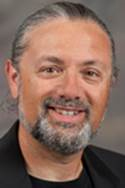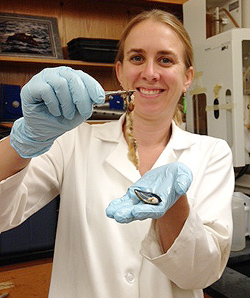WSU planetarium previews 3D science learning – free Oct. 1

The latest digital technology for viewing the universe at the WSU planetarium will be previewed in a free, public demonstration at 7:30 p.m. Tuesday, Oct. 1, in Sloan Hall 231. A demo for WSU organizations, departments, clubs, units, students, staff and faculty will be at 2 p.m. Seating is first come, first served.
The demo of the SciDome 3D projector by maker SPITZ, Inc. will include teaching visuals, lessons from the extensive SciDome curriculum, the Layered Earth software for earth science teaching and previews of full-dome shows featuring astronomy and space science, biology, chemistry, earth science, mathematics and the arts.
In addition to using the planetarium for WSU classes, the Department of Physics and Astronomy welcomes hundreds of school children from the region each year to the facility.


